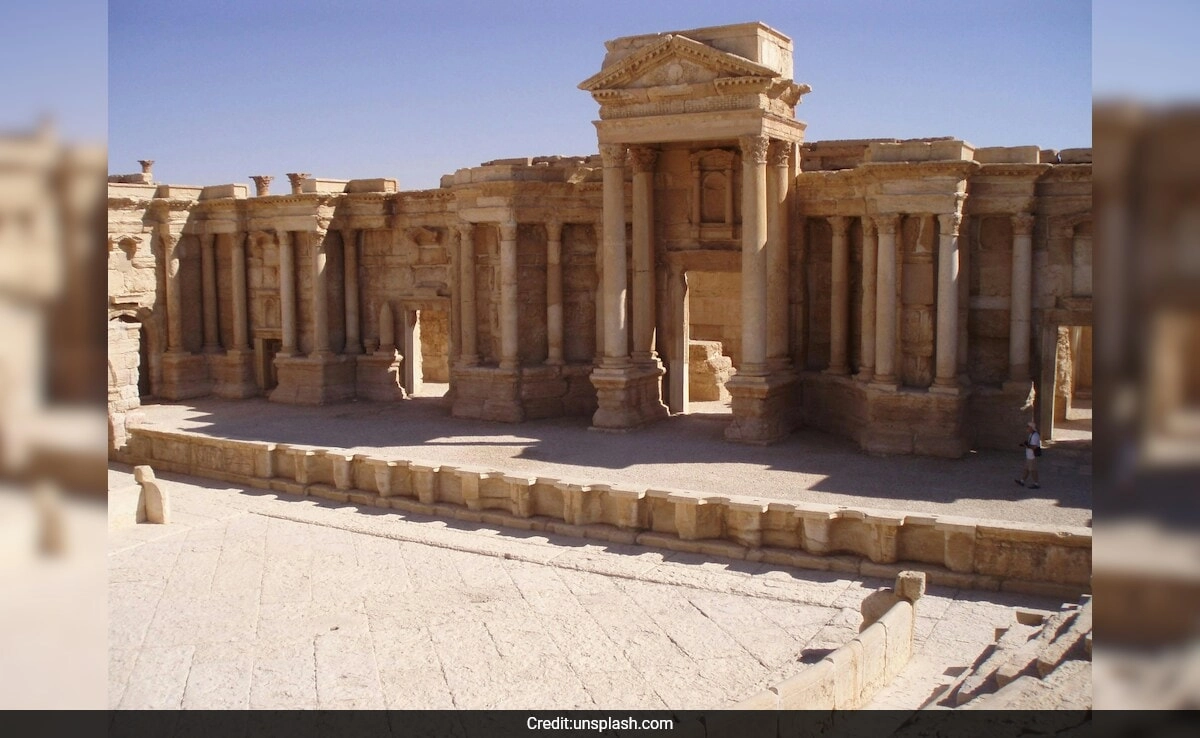Syria is currently facing an unprecedented water crisis, marked by its driest winter in seven decades. This alarming climatic shift has particularly impacted Damascus, the capital, where residents are grappling with severe water shortages. The situation has been exacerbated by years of conflict that have decimated the country’s infrastructure and disrupted essential services, making it increasingly challenging for citizens to access vital resources. As the winter months typically bring some respite with seasonal rainfall, this year’s stark absence of precipitation has left many areas, especially urban centers like Damascus, in dire straits.
The implications of this water crisis are far-reaching. With dwindling water supplies, residents are forced to rely on makeshift solutions, often turning to expensive water trucking services or resorting to contaminated sources, which pose significant health risks. The scarcity of water has not only affected daily life but also agriculture, threatening food security in a country that has already been ravaged by years of war. Farmers are struggling to irrigate their crops, leading to reduced yields and increased prices for essential goods, further burdening an already strained population. The economic ramifications of this crisis are dire, as families face the dual challenge of rising costs and diminishing access to basic necessities.
As the government attempts to address these challenges, it faces significant obstacles. Years of conflict have weakened the administrative capacity to manage water resources effectively, and the ongoing political instability complicates efforts to implement sustainable solutions. International aid has been limited, with many organizations focusing on immediate humanitarian needs rather than long-term infrastructural rehabilitation. Meanwhile, the population continues to bear the brunt of this crisis, with many expressing frustration and despair over their deteriorating living conditions. The situation calls for urgent intervention, not only to manage the current water scarcity but also to develop strategies that can mitigate the impact of future climatic extremes, ensuring that the people of Damascus and Syria as a whole can recover and rebuild in the face of ongoing challenges.




